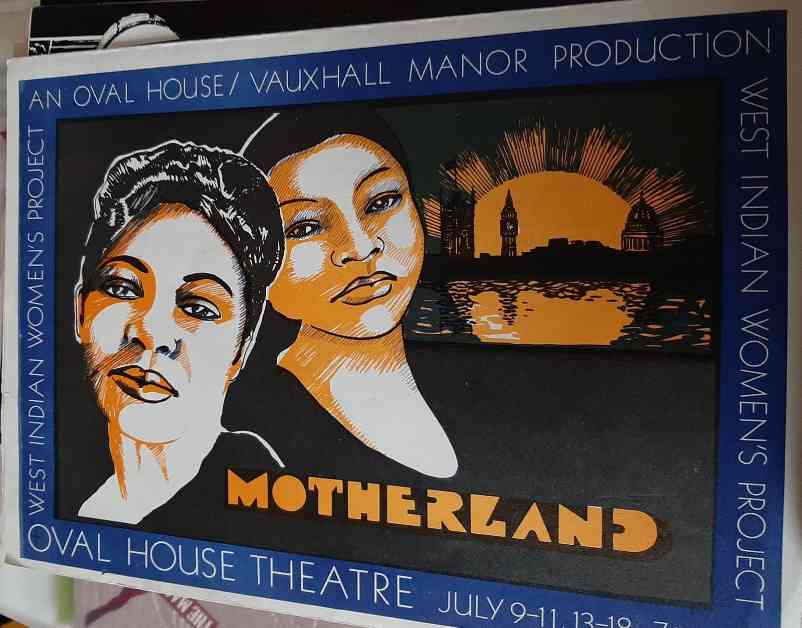Radical Feminist Theatre: Uncovering a Legacy of Social Change
In the turbulent era of the 1960s to the 1980s, a wave of feminist activism swept through the world, challenging the status quo and demanding equality for women in all aspects of society. One of the most powerful tools of this movement was feminist theatre, which used performance art as a means of protest against sexism and discrimination. This revolutionary form of theatre had two main objectives: to raise awareness of the social and political issues affecting women and to improve working conditions for women in the theatre industry.
Despite the significant contributions made by female theatre makers, playwrights, directors, and feminist collectives during this period, their history has often been overlooked and their archives neglected. However, a groundbreaking exhibition in South London is seeking to rectify this oversight by revisiting archival material, pivotal performances, and the landmark venues that hosted them.
Uncovering Forgotten Voices
“Radical Rediscovery: Feminist Theatre in Britain 1969-1992” is a free exhibition curated by Dr. Susan Croft, an associate artist at London Performance Studios (LPS) and the founder of the ongoing archive project Unfinished Histories. Dedicated to preserving and celebrating the history of Alternative Theatre in Britain from the 1960s to the early 90s, Dr. Croft’s work shines a light on the groundbreaking contributions of women in the theatre world.
During the 1960s and 70s, female theatre practitioners faced numerous challenges in a male-dominated industry. Roles for women, especially substantial ones, were scarce, and most companies were male-dominated. However, with the rise of second-wave feminism, women began to come together to create works that reflected their experiences and challenged societal norms.
Empowering Women through Theatre
One of the key moments in the history of feminist theatre was the first Women’s Theatre Festival held in late 1973 at the Almost Free Theatre in Soho. This event marked the beginning of a collective conversation among women about how to bring about change in the theatre world. They demanded more opportunities, funding, and representation, challenging the prejudices that had long marginalized them.
Feminist organizations pushed for larger theatres to employ more women directors and commission women writers. They also called for seats on boards and access to training, advocating for equality and representation in all aspects of the industry.
Preserving Cultural Heritage
South London played a significant role in the feminist theatre movement, as evidenced by the archival material featured in the exhibition. “Motherland,” a community play first performed at Oval House Theatre in 1982, reflected the racial diversity of the community and the experiences of Caribbean women who came to Britain in the late 1940s and 50s. The play highlighted the struggles these women faced in finding housing, work, and maintaining their cultural identity in a new environment.
The exhibition also showcases the work of groups like Umoja and the Second Wave Young Women’s Project, which supported and encouraged young black female writers. These initiatives paved the way for the publication of anthologies and the emergence of new voices in the feminist theatre scene.
Celebrating Progress and Looking to the Future
“Radical Rediscovery: Feminist Theatre in Britain 1969-1992” not only celebrates the achievements of past generations but also acknowledges the ongoing struggle for gender equality in the arts. Dr. Croft emphasizes the importance of recognizing and preserving the legacy of feminist theatre, as it serves as a reminder of the progress that has been made and the work that still needs to be done.
As we look to the future, it is essential to continue supporting and celebrating the work of women in the arts, ensuring that their voices are heard and their stories are told. The exhibition serves as a testament to the power of feminist theatre in effecting social change and inspiring future generations of artists to continue the fight for equality and representation.

